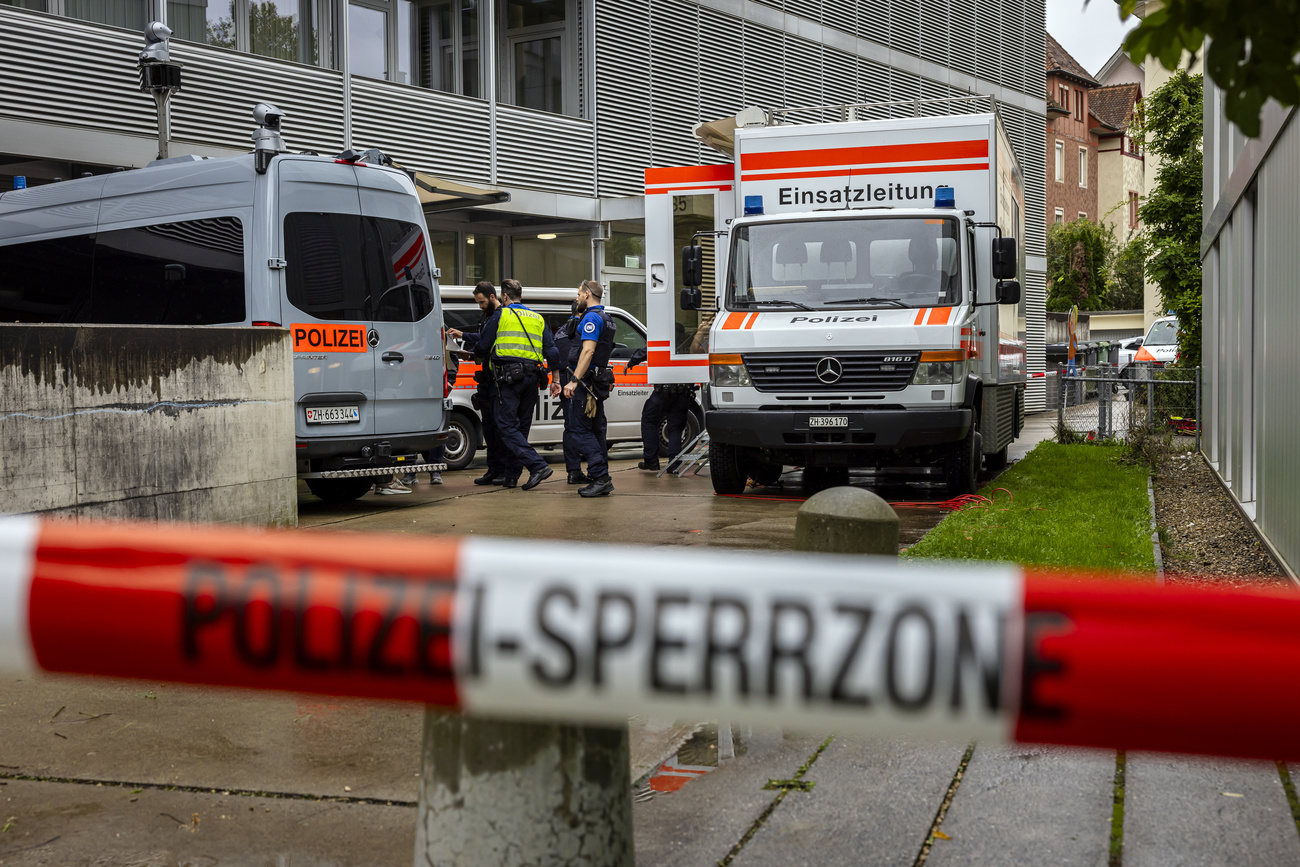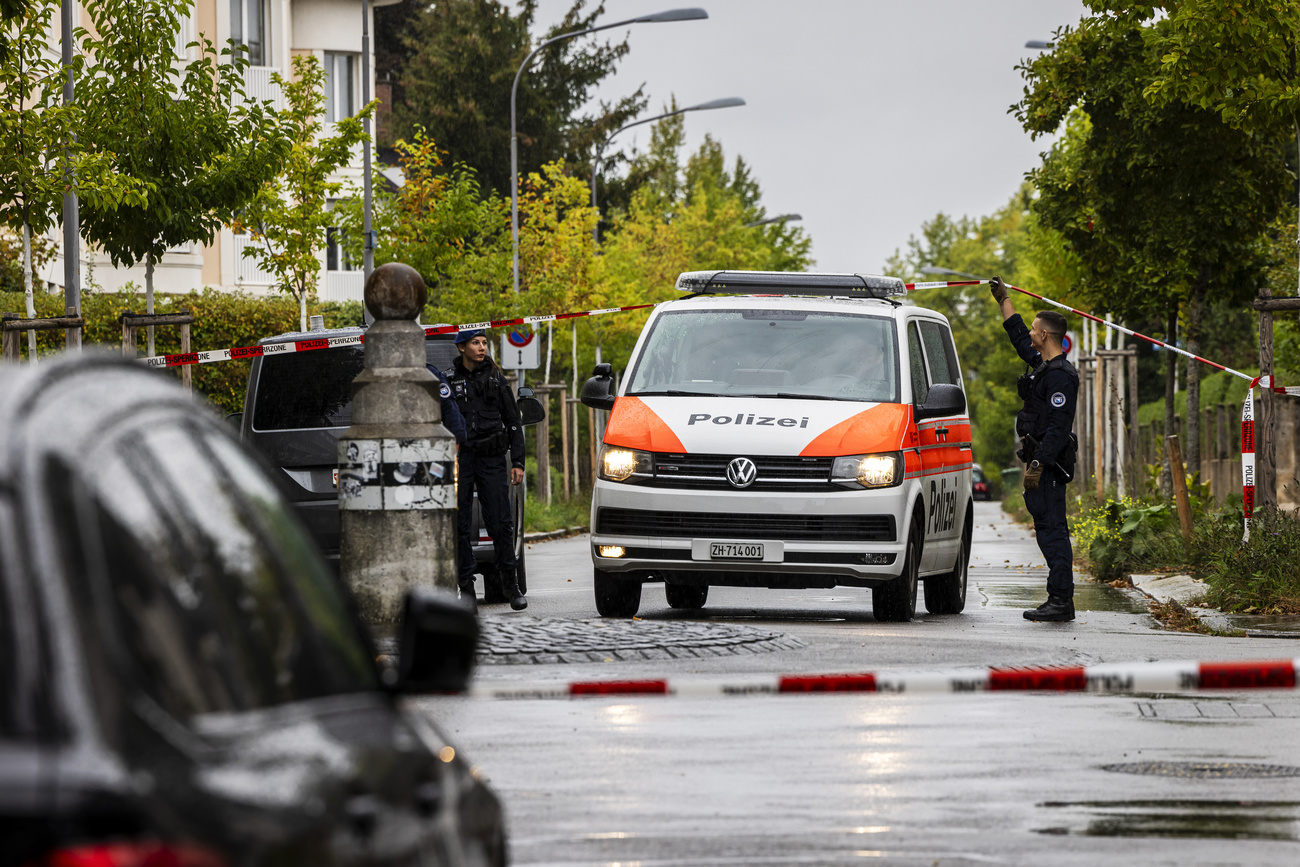UN says Israeli tanks burst through gates of peacekeeper base

By James Mackenzie and Michelle Nichols
JERUSALEM/NEW YORK (Reuters) -The United Nations said on Sunday Israeli tanks had burst through the gates of a base of its peacekeeping force in southern Lebanon, the latest accusation of Israeli violations and attacks that have been denounced by Israel’s own allies.
Israel’s Prime Minister Benjamin Netanyahu called on the United Nations to evacuate the troops of the UNIFIL peacekeeping force from combat areas in Lebanon. Hours later, the force reported what it described as additional Israeli violations, including two Israeli Merkava tanks destroying the main gate of a base and forcibly entering before dawn that morning.
Soon after the tanks left, shells exploded 100 metres away, releasing smoke which blew across the base and sickened U.N. personnel, causing 15 to require treatment despite wearing gas masks, it said. It did not say who fired the shells or what sort of toxic substance it suspected.
It also accused Israel’s IDF military of halting a logistics convoy. The Israeli military did not immediately respond to the statement.
“Any deliberate attack on peacekeepers is a grave violation of international humanitarian law and Resolution 1701,” the U.N. force said. “UNIFIL’s mandate provides for its freedom of movement in its area of operations, and any restriction on this is a violation of Resolution 1701. We have requested an explanation from the IDF from these shocking violations.”
In his earlier statement addressed to U.N. Secretary-General Antonio Guterres, Netanyahu said: “The time has come for you to withdraw UNIFIL from Hezbollah strongholds and from the combat zones.”
“The IDF has requested this repeatedly and has met with repeated refusal, which has the effect of providing Hezbollah terrorists with human shields.”
Iran-backed militant group Hezbollah, which Israel has been battling on the ground since launching an incursion at the start of this month, denies Israel’s accusation that it uses the proximity of peacekeepers for protection.
The conflict between Israel and Hezbollah militants resumed a year ago when the Iranian-backed group began launching rockets at northern Israel in support of Hamas at the start of the Gaza war.
Five peacekeepers have been wounded in a series of strikes in recent days, most blamed by UNIFIL on Israeli forces.
Italian Prime Minister Giorgia Meloni, typically one of Israel’s most vocal supporters among Western European leaders, spoke to Netanyahu by phone on Sunday and denounced the “unacceptable” Israeli attacks, her government said.
Italy has more than a thousand troops in the 10,000-strong UNIFIL force, making it one of the biggest contributors of personnel. France and Spain, which each have nearly 700 soldiers in the force, have also condemned the Israeli attacks.
Israeli Foreign Minister Israel Katz reiterated on Sunday that Israel has banned U.N. chief Guterres from entering, due to what it says is antisemitic and anti-Israeli conduct, including his failure to adequately condemn Iran for a missile attack.
PEACEKEEPERS IN HARM’S WAY
The presence of UNIFIL puts peacekeepers from 50 separate countries in harm’s way, in a force initially set up in southern Lebanon in 1978.
The area has seen decades of persistent conflict, with Israel invading in 1982, occupying southern Lebanon until 2000 and again fighting a major five-week war against Hezbollah in 2006, which ended with a ceasefire monitored by UNIFIL.
Israel’s assault against Hezbollah over the past three weeks has been the deadliest in Lebanon in decades, driving 1.2 million Lebanese from their homes and inflicting an unprecedented blow on the group by killing most of its senior leadership.
Israeli officials say UNIFIL has failed in its mission of upholding U.N. Resolution 1701, passed after the 2006 war, which calls for the border area of southern Lebanon to be free of weapons or troops other than those of the Lebanese state.
U.S. Defense Secretary Lloyd Austin, in a call with Israeli Defence Minister Yoav Gallant on Saturday, expressed “deep concern” about reports Israeli forces had fired on peacekeeper positions. He urged Israel to ensure their safety and that of the Lebanese military, which is not party to Israel’s conflict with Hezbollah.
SECURITY IN JEOPARDY
The Israeli military has already told U.N. peacekeepers to get out of the way, asking them weeks ago to prepare to relocate more than 5 km (3 miles) from the border “in order to maintain your safety,” according to an excerpt from a message seen by Reuters.
U.N. peacekeeping chief Jean-Pierre Lacroix told the Security Council on Thursday that “the safety and security of peacekeepers is now increasingly in jeopardy”. They remained in position but operational activities had virtually come to a halt since Sept. 23.
Attacks on a watchtower, cameras, communications equipment and lighting had limited UNIFIL’s monitoring abilities, a UNIFIL spokesperson said on Thursday.
Lebanon’s government says more than 2,100 people have been killed and 10,000 wounded in over a year of fighting, mainly over the past few weeks. The toll does not distinguish between civilians and combatants but includes scores of women and children.
HIGH ALERT
The Middle East remains on high alert for Israel to retaliate against Iran for an Oct. 1 volley of long range missiles launched in response to Israel’s assaults on Lebanon.
Iran said on Sunday it has “no red lines” in defending itself. Foreign Minister Abbas Araqchi’s comments appeared intended to counter suggestions that Iran would absorb an Israeli strike without a response, as it did earlier this year when Israel last struck Iran after a volley of Iranian missiles.
U.S. officials believe Israel has narrowed down targets in its potential retaliation for the Iranian missile barrage, and would aim to hit military and energy infrastructure, NBC reported on Saturday. It said there was no indication Israel would hit nuclear facilities or assassinate officials in Iran.
(Reporting by Ahmed Tolba, Adam Makary and Hatem Maher in Cairo and Tala Ramadan in Dubai, James Mackenzie in Jerusalem and Laila Bassam in BeirutWriting by Michael Georgy and Peter Graff;Editing by Frances Kerry and Ros Russell)








